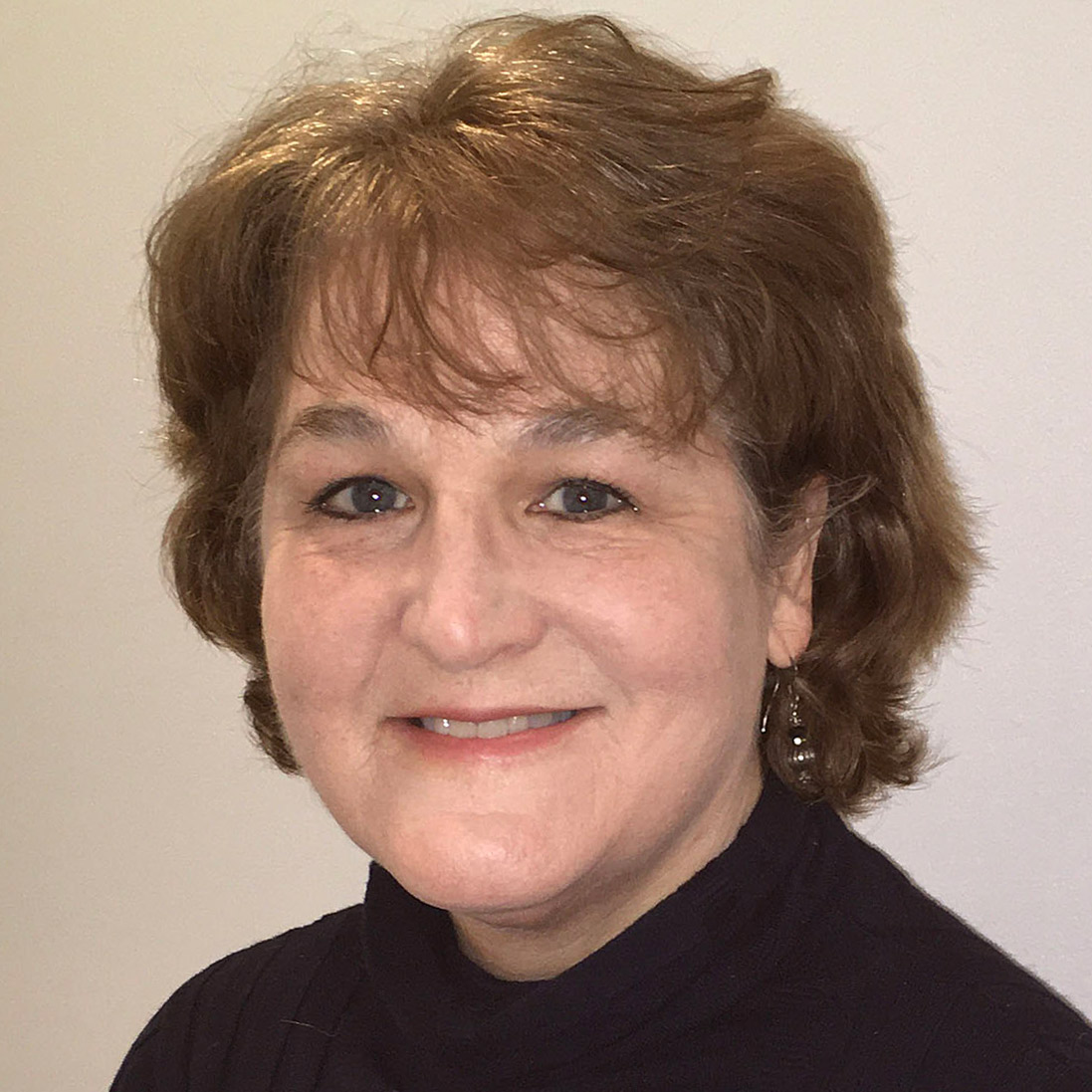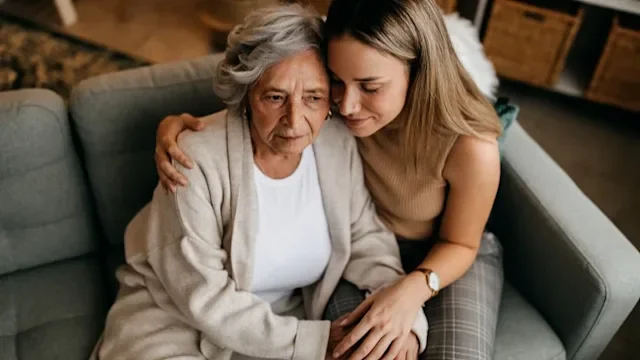Key takeaways:
Joe and Renee Brownlee have had extreme highs and lows caring for a child who has had two heart transplants in her first 12 years.
They say being a good caregiver starts with building relationships — whether it’s with medical providers or their daughter’s school staff.
They say joining support networks have helped.
Renee and Joe Brownlee were shaken by a doctor’s words in March 2010 when the family was living in Chicago and Renee was halfway through her pregnancy with daughter Sophia.
The couple absorbed the news that Sophia would be born missing one of her four heart chambers, a globally common, but severe, birth defect.
Sophia had two surgeries in her first months of life and soon was listed for a heart transplant.
On Christmas Eve in 2010, just 5 months after she was born, the family got their wish.
The Brownlees, who now live near Charlotte, North Carolina, estimated Sophia had 20 to 25 procedures in her first 11 years.
In April 2022, they were “smacked in the face” again.
They learned that Sophia, 11 at that time, had been diagnosed with cardiac allograft vasculopathy (CAV) a condition in which the vessels that get blood to the heart become narrow or blocked. She needed a new heart.
She was put on a list for re-transplant, and a donor heart was transplanted on April 28, 2022.
Sophia is now thriving, her parents say, but the medical highs and lows and uncertainty continue.
Read more like this
Explore these related articles, suggested for readers like you.
Here are some of the things Joe and Renee have learned that have helped them become better caregivers.
1. Know that you can advocate for treatment changes
Renee gives an example of how she advocates for her daughter’s care: At one point, the medication schedule for Sophia included giving her a steroid medication called prednisone at 7 each night. The medication can sometimes cause insomnia, which would disrupt the whole family’s sleep.
Doctors were able to adjust the timing to morning and afternoon. It never hurts to ask, she says, to make life work better for the family.

2. Listen to your partner’s intuition
If you are sharing caregiving responsibilities with someone, sometimes you won’t agree on the need to go to the emergency department for instance, Joe says. But if one partner has a gut feeling, err on the side of caution, he says.
“You have to have to push each other if you’re really scared for your kid,” he says.
3. Remember that arguments are inevitable
Joe says he and Renee, with little to no sleep, would have fierce arguments in the middle of the night on how to insert a feeding tube into baby Sophia’s nose.
He says they had to remember the emotional strain and physical drain were driving the arguments, and the sharp words didn’t reflect how they really felt about each other.
4. Try to go to medical appointments together
As caregivers for a child, it’s tempting to divide and conquer when both parents are working professionals and family needs are expanding.
But heart-related appointments can be complex and having both partners listening together helps fill in memory gaps later and builds confidence and support, Joe says.
“We hear things very differently,” Renee says.
5. Be open with your loved one about their condition
In the beginning, Renee says, they told Sophia her story in fairy tale form featuring a princess Sophia and Santa bringing the new heart on Christmas Eve.
As she could understand her condition more, “We’ve been wide open with her,” Joe says.
They encouraged her to look at the scar on her chest as a badge of courage. “We don’t have to encourage her anymore,” he says, because she’s eager to show it.
“We’ve always been open with her about death,” Renee says. “As hard as it was, she saw a lot of heart kids that didn’t make it.”
6. Build your support network
With privacy laws strictly limiting hospitals from sharing identifiable healthcare information, the Brownlees reached out to their network, known support groups, and charities like Enduring Hearts to connect with families going through some of the same transplant issues.
“It’s important to lean on your support network,” Joe says. “You can’t do this alone.”


7. Try not to miss siblings’ events
The Brownlees encourage other parents who are medical caregivers to make sure they make time for their other children. The Brownlees have an older son, who’s 23, and a daughter a year younger than Sophia. When Sophia was a baby, her brother was involved in travel baseball.
“We never missed a baseball game, even if we could only be there a couple of innings,” Joe says.

They noted that they had the resources to be able to get to their children’s activities fairly easily and family members could pitch in with childcare. Others, including single parents, would have more challenges with the logistics, the couple acknowledge.
“We felt it was really important not to just have the kids go to family or friends all the time,” Renee says. “We love our family and friends, but we try very hard to make Quinn and Kara a priority, too.”
8. Build relationships at your child’s school
Sophia’s school, and especially the nurse, are in regular communication with her parents.
“The nurse and the school have just been phenomenal,” Joe says.
Joe and Renee actively communicate with all the teachers and staff and the school nurse (Kim) to discuss Sophia’s status and care.
They all know her story and are extremely supportive in keeping her safe and healthy, Joe says.
“That type of relationship with a Nurse Kim is so critical and appreciated,” he adds. “She is like family to us.”
The nurse, for instance, was able to tell the Brownlees that cases of COVID-19 and other respiratory viruses were cropping up at school, and it might be better to keep Sophia home for a week as she was recovering from the flu to avoid possible further infection. Then, they work together to talk with teachers to make the schoolwork adjustment.
9. Make time for your partner
The Brownlees say making time for each other is something they are working on.
“We take long walks together once in a while. We need to do a better job of that,” Joe says.
10. Look for ways to help others
The Brownlees have established or contributed to several support networks and organizations throughout their lives and now in the heart community.
People find them through social media and ask for advice.
“We know how lucky we are,” Renee says.
They work closely with the nonprofit Enduring Hearts, where Joe serves on the board. It is the only non-profit organization in the country dedicated to raising awareness and funding research to improve the longevity and quality of life for children with a transplanted heart.
Sharing personal details also has a personal healing effect: “I like to tell Sophia’s story, because it helps me,” Joe says.
“It’s always been part of our life that we give back,” Renee says, “and that she knows people are struggling like she is.”

Why trust our experts?





















